Jobs to do in the garden in December
Enjoy the festivities, but take some time out to keep on top of essential garden jobs in December.

Enjoy the festivities, but take some time out to keep on top of essential garden jobs in December.

Getting out in the garden may not be at the top of your to-do list this December, but if you want bumper crops and blooming borders next year, there are a few essential jobs to do this month to keep your garden growing over winter.
The good news is, they’re quick and easy – and enjoyable. After all, a breath of fresh air is good for your physical and mental wellbeing at this time of year, and you’ll also be doing your garden wildlife a favour, too.
So grab a pair of gardening gloves, a good pair of secateurs and a woolly hat, and earn yourself a mince pie or two with these essential gardening jobs for December.
Homegrown veg elevates any meal, particularly your festive feast, and if you’ve got root crops ready – parsnips, carrots, celeriac – keep your eye on the weather. Consider digging them out of the ground and heeling them into a trench before the ground gets frozen - they can keep for several months like this.
Homegrown veg are vulnerable to weather damage. Strong winds wreak havoc among tall stems of Brussels sprouts and sprouting broccoli, so tie into sturdy supports, placed on the windward side for protection.
Cauliflowers and cabbages hate root disturbance from gales that rock them or frost heave that lifts surrounding soil. Firm them back into the ground with your boot and pull up extra earth around their bases with a trowel to anchor them.
Protect cauliflower heads from browning in frost by tying the outer leaves over the heads to fully cover them until you’re ready to harvest.
And If you haven't already protected hardy salad crops and remaining celery with fleece, then what are you waiting for?
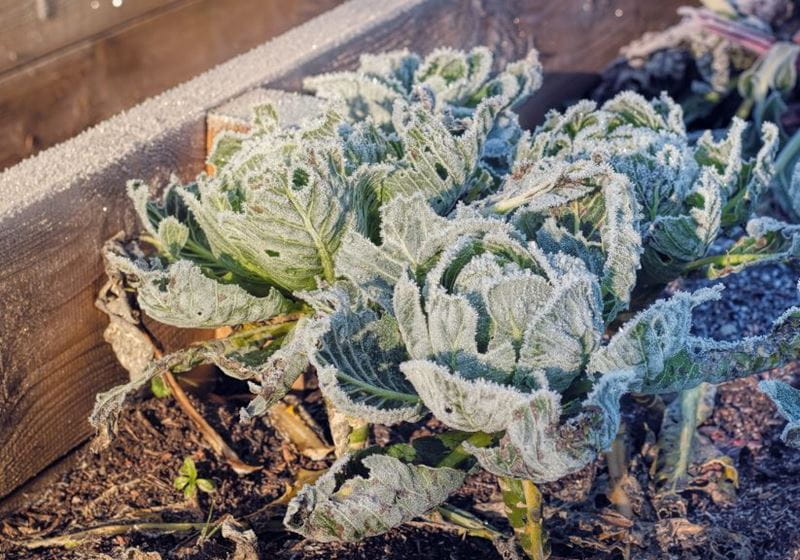
Your greenhouse could prove a tranquil retreat from the festive madness.
Give it a thorough clean with a horticultural disinfectant to kill any overwintering pests, ventilate on warmer days and don't forget to brush snow off the panes to prevent damage.
This is the best time to prune apple trees. Once all the leaves have dropped they may need some pruning to get them in shape for next year. (Wall trained varieties do not need pruning now.)
Start by removing all diseased, damaged and dead branches. Cut out very low branches that don’t get much light, crossing branches (which rub and damage themselves and others) and any that are growing into the centre of the tree. You’re trying to create space at the centre in order to open up the tree.
Shorten very long stems by a third cutting to an outward facing bud, and remove any thin shoots coming from the trunk.
For bigger harvests next year, prune autumn-fruiting raspberries and red or blackcurrants now – it’s a quick but effective job, and the ideal escape from festivities. Cutting back now in their dormant season removes weaker stems, supercharges growth hormones for spring and boosts fruit production.
Simply cut raspberry canes to the base, between now and February, to stimulate new growth on which next summer’s fruit emerges.
Prune currants to open up the centre, allowing better airflow and encouraging young shoots. Remove the oldest growth, usually stems that produced fruit this year, plus any that rub and cross, to the ground. Leave five to seven younger, sturdy stems to bear currants next year.
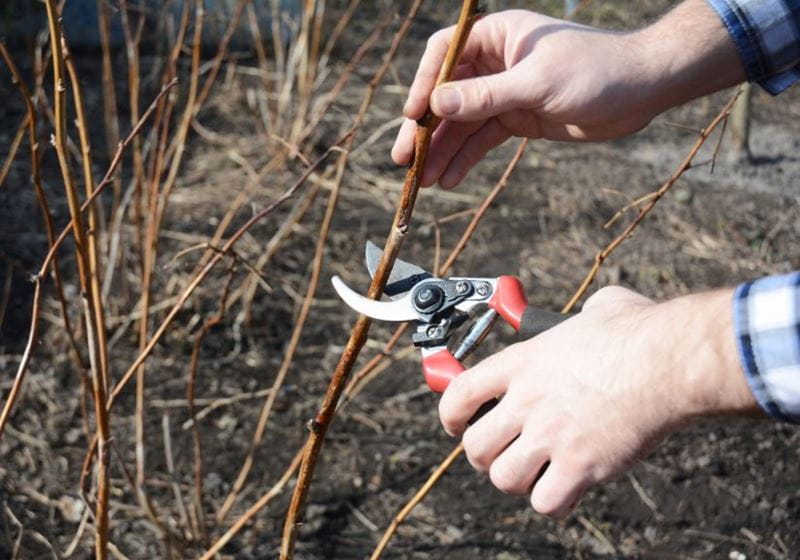
Just as we change our winter diets to heartier fare, birds need extra nourishment to boost energy levels and protect against the elements. It’s a race for small birds, in particular, as they need to eat a third of their bodyweight each day.
If you feed birds the same seed mix year-round, enhance it this month to a fat-based diet. Choose feeds rich in oils, such as sunflower hearts and peanuts; with added insects or in ready-made fat balls and berries, compressed in suet pellets or blocks.
If you want to encourage Robins into your garden, then founder of Ark Wildlife Sean McMenemy has this advice.
“One of the best treats you can give robins in winter is mealworms. These little bites are packed with protein and fat, perfect for keeping robins warm and full of energy," he said.
Watching birds is a known stress-reliever, so it’s a win-win.
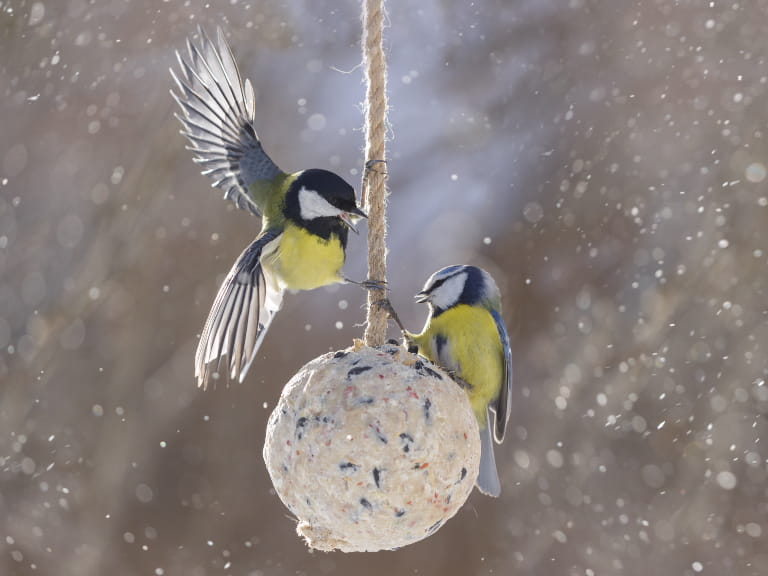
While your borders may look a little bare at this time of year, you can still support wildlife by leaving seed heads for birds and insects to feed on and hibernate in. Cut away any foliage that have been wasted by frost and turned to black slime.
Now is a good time to protect any tender plants left in the ground by mounding over a few inches of insulating mulch such as leaves, manure or straw. If you want to remember where plants are, put down markers now before they completely disappear.
If freezing weather is forecast move pots to sheltered spots to protect their roots and if you haven't already done so, its not too late to plant winter containers for colour and fragrance.
While most of the garden is hibernating, you may still have some plants and trees that require attention – or protection – over winter.
Here are some tips for caring for specific plants and trees over the colder months, to ensure they come back stronger than ever in spring.
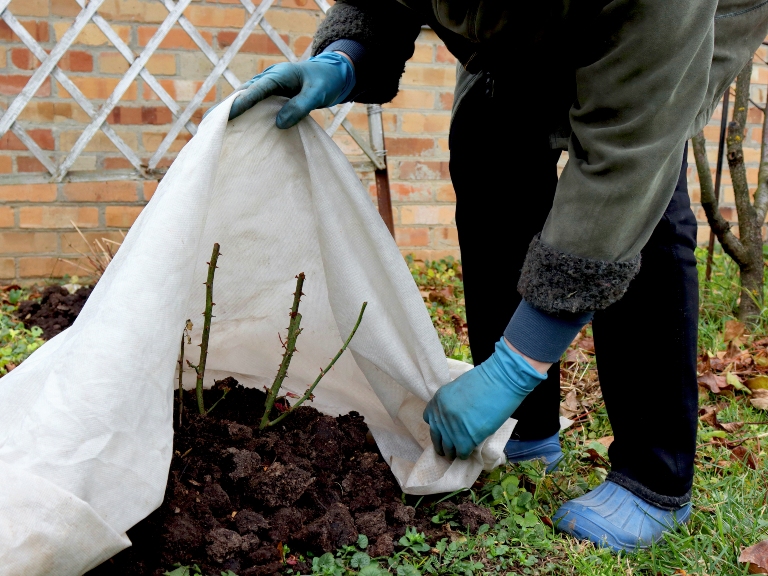
You will still need to water citrus trees as and when they need it. Wait until the soil feels dry and then water with a proprietary citrus winter feed which contains the key nutrients they need.
Winter is a good time for planting bareroots, and to move any trees and shrubs – though with Christmas looming it may make sense to order now and plant in the New Year. Just avoid planting when the ground is wet and freezing.
Rake up and dispose of (in a bin or bonfire but NOT in the compost) all leaves with signs of black spot to prevent spreading the disease.
Tree ferns, bananas and palms need insulating from the worst weather. Wrap in a fleece jacket or with a sandwich of straw and fleece.
The tradition of fresh greenery bringing luck to our homes may stretch back in time but it still provides a joyful welcome for guests.
For nature-inspired Christmas decorations, try making these simple Christmas decorations from your garden.
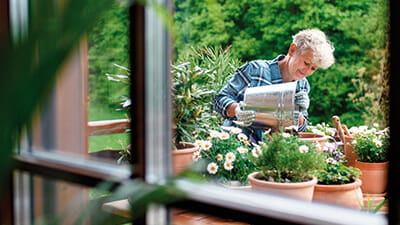

Saga Home Insurance comes with garden cover included. Find out what’s included and get tips to help secure your garden.

Do you have insurance for your outbuildings? Make sure you have the right cover for the structures in your garden.
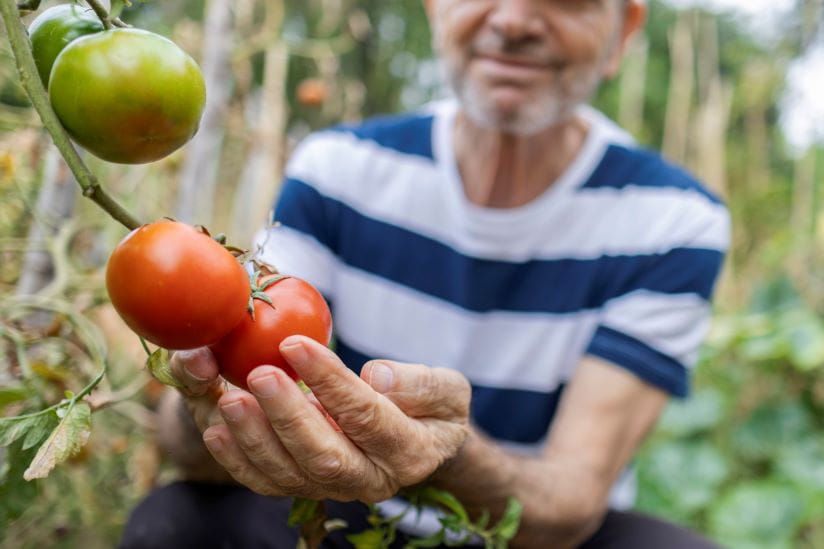
Rekha Mistry shares her top vegetables to grow in your garden all year round.

We explain the science and have 7 of the best scented plants for your garden.
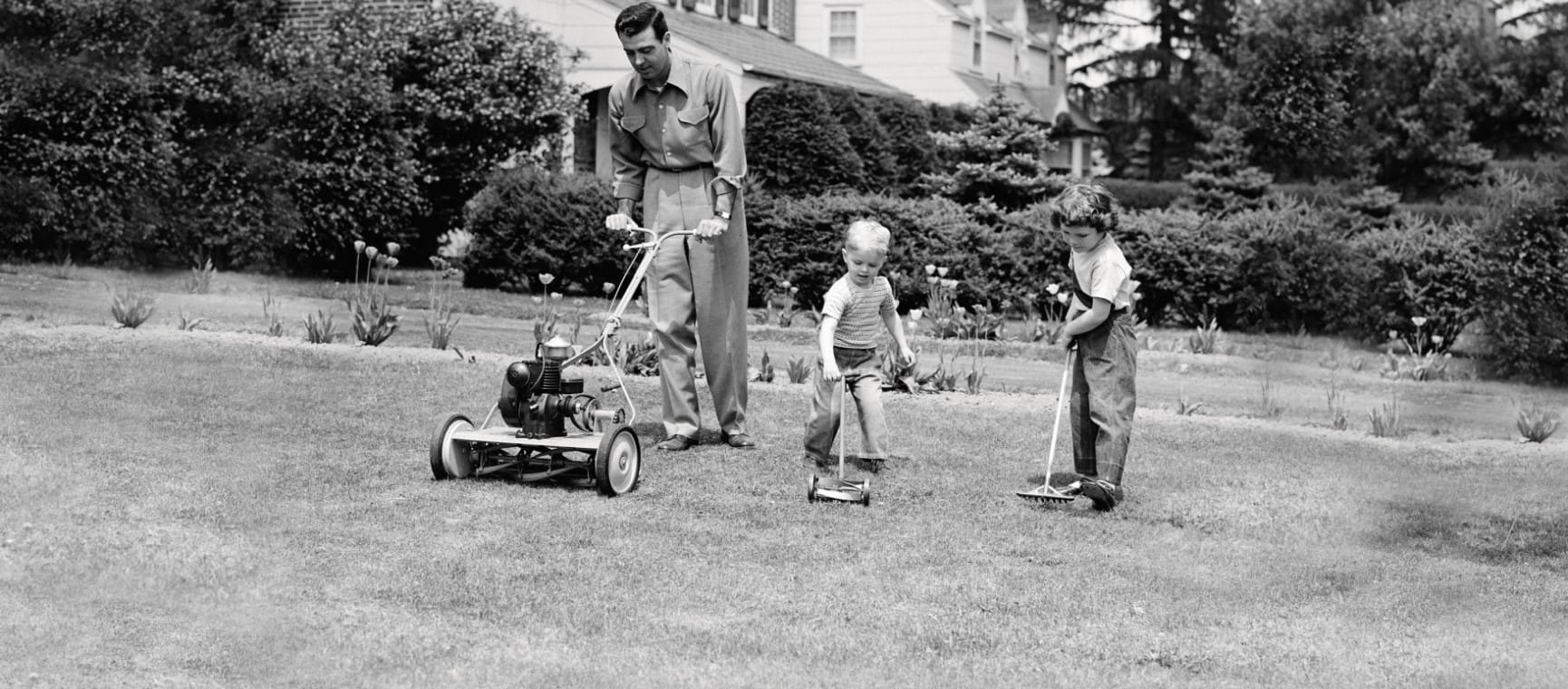
From robot mowers to electric pruning shears, spruce up your outside space with four of the best garden gadgets

Our expert pruning and watering hacks include a top tip to keep them flowering from Alan Titchmarsh.

Don’t make these bird-feeding mistakes. Expert advice on how to feed birds in your garden safely.

Blighted by buzzing? How to keep wasps out of your garden without harming them so you can enjoy the summer.
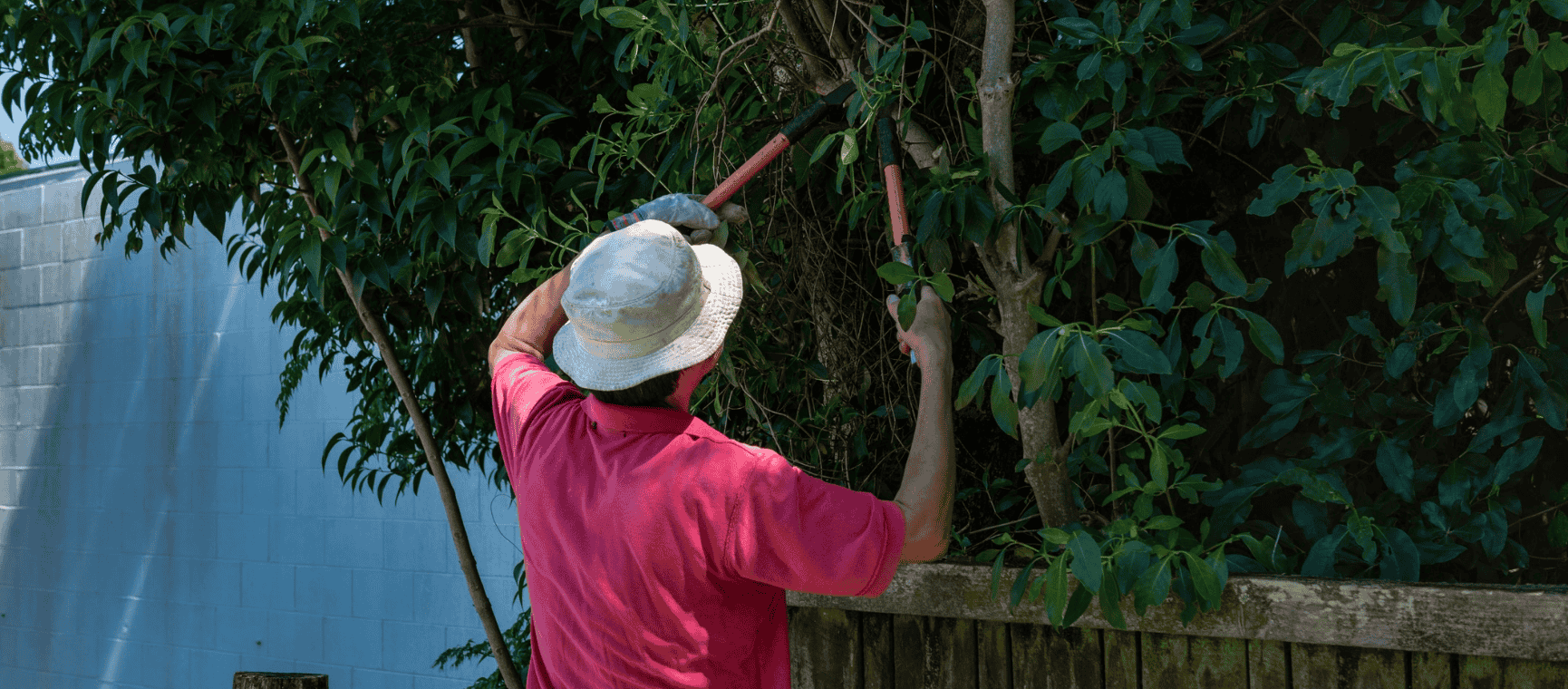
The ways you could be breaking the law in your back garden - with expert advice on how to avoid neighbour disputes, a fine or even a prosecution.

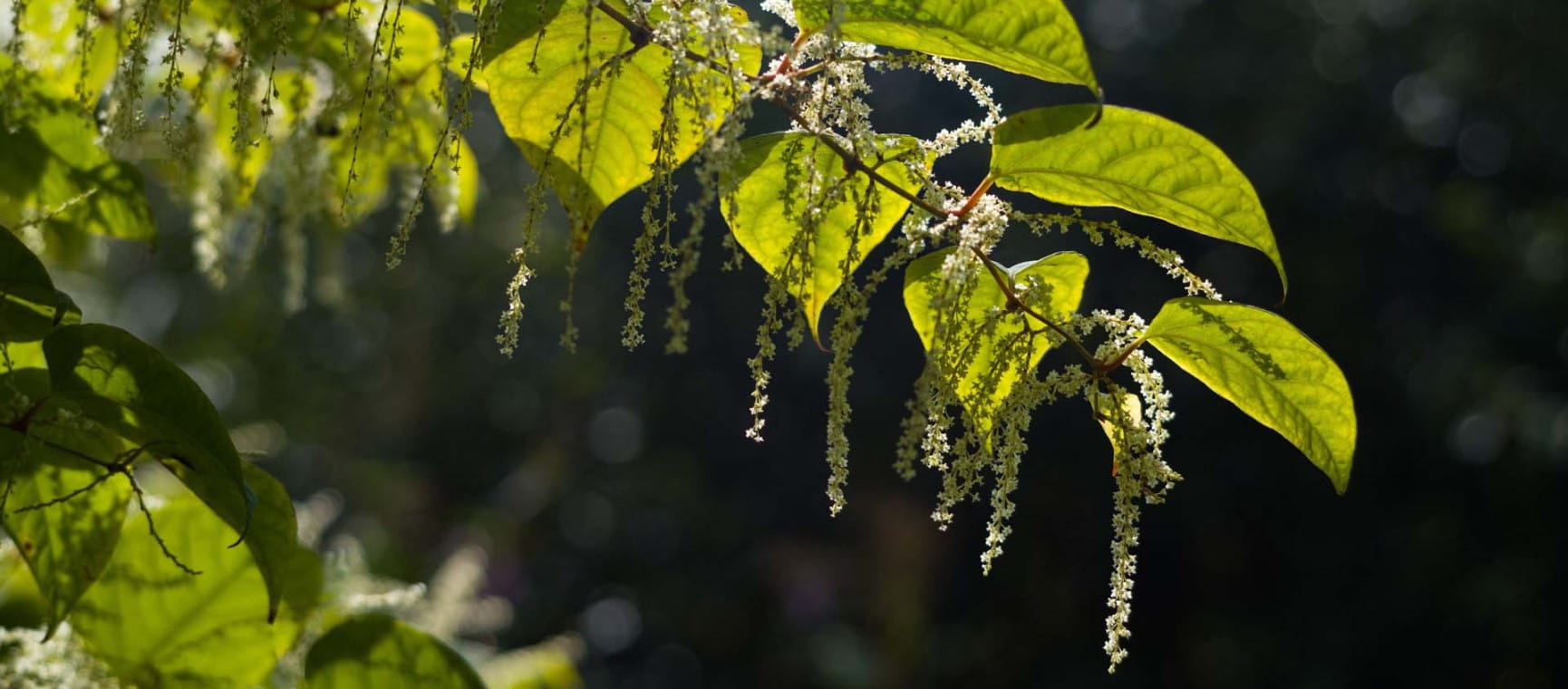
Everything you need to know about Japanese knotweed, the fast-growing plant nobody wants in their garden.